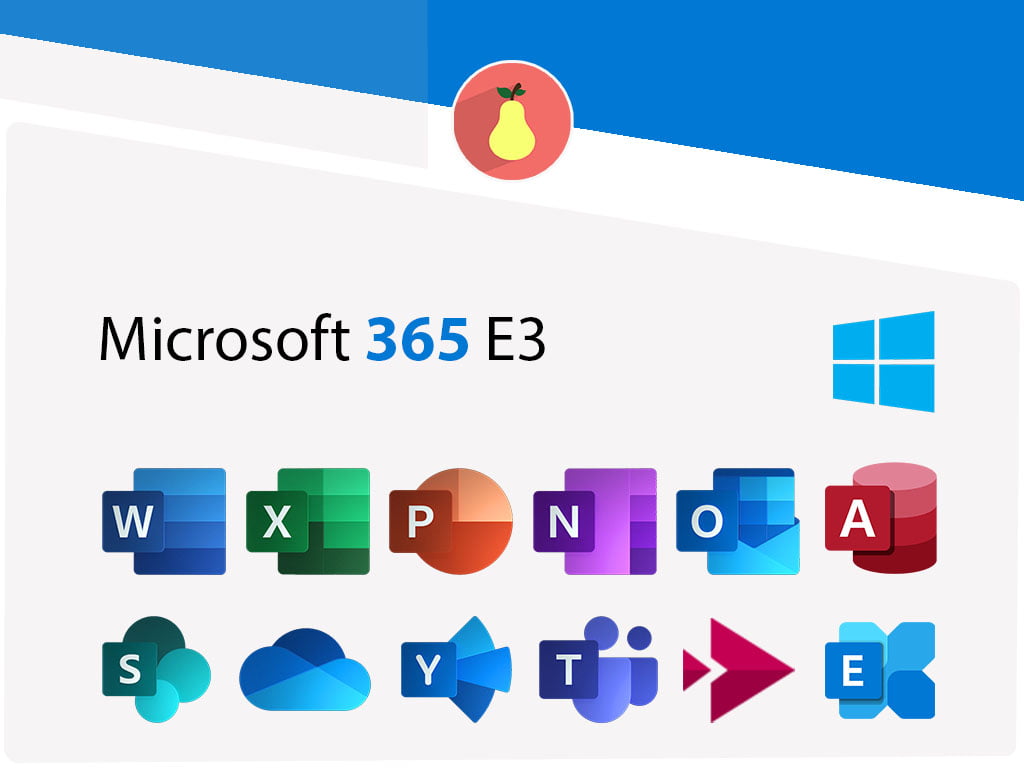In addition to a brand new interface, Microsoft Office 365 Enterprise also introduced significantly different file formats. Although you don’t have to understand the specifics, the file formats are based on the new Office Open XML Formats (XML is short for Extensible Markup Language). This change in file naming and format can create some huge obstacles as Office 2007 users share files with everyone else.
The change to these XML-based formats supports new features and helps make your documents:
- Safer by separating files that contain scripts or macros, making it easier to identify and block unwanted code or macros.
- Smaller in file size.
- Less susceptible to damage or file corruption.
For most people using Microsoft Office 2007, the change in file format will likely be seen in the file extensions used for naming files. Conversion options are available on both sides but require patience and knowledge to build a successful strategy for exchanging Office files.
How Has Naming Changed?
In earlier versions of Microsoft Word, files were saved with the .doc extension, Microsoft Office Word 2007 files now use the .docx and .docm file extensions. Excel workbooks have exchanged their .xls file ending for new .xlsx or .xlsm extensions in Excel 2007. Presentations in PowerPoint have long been saved with a .ppt ending whereas, now, in Microsoft Office PowerPoint 2007, the extensions are either .pptx or .pptm. Why multiple options for file name extensions in Office 2007? The differences depend on whether or not a file contains macros or programming code. The letter “m” at the end designates possible macros or programming code in a file. Other less commonly used file extensions may also appear on Office 2007 files. Just a reminder: this dramatic change to file formats is much more than just a cosmetic switch in file naming conventions, and so, editing the extension will not convert a file from one type to another.
EASY TIP: How can you tell the difference between Office 2007 and Office 2003 files? View your files from Windows Explorer. The file is an Office 2007 file format if it has a 4 character extension; it is an Office 2003/2002 (or earlier) file format if it has a 3-character extension.
Microsoft Office Access 2007 databases are also saved with a new file format, .accdb, or can be created with the same file format as earlier versions, .mdb, to allow for continued easy access to data. Once an Access database is converted for use with Access 2007, however, it is no longer available for use with earlier versions of Microsoft Access. Notice as well that Access 2007 databases are saved with a 5-character extension.

More Stories
Job Opportunities in Luxembourg: A Gateway to International Careers
What Types of Injuries Do Queens No-Fault Doctors Treat Most Often?
Difference Between Workers’ Comp Doctors and Regular Physicians in Rego Park